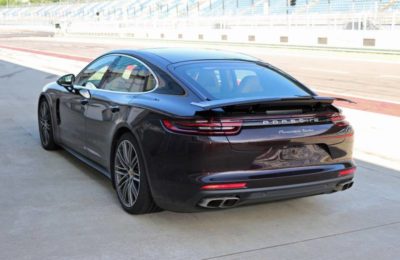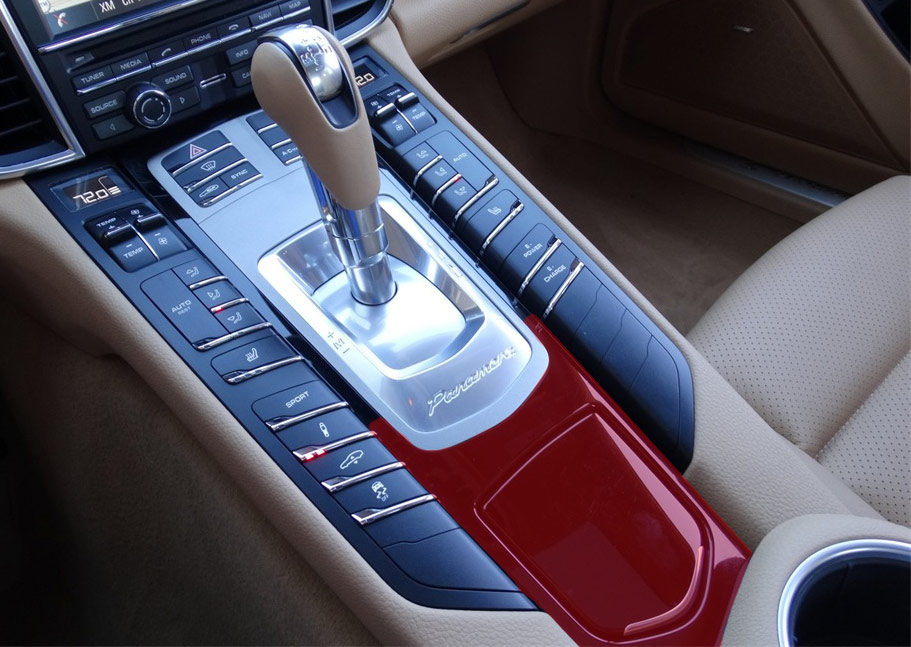The 2014 J.D. Power Initial Quality Study found that new vehicle owners experienced more problems with their vehicles than the previous year’s respondents, the company said on Wednesday.
Porsche ranked highest in initial quality for the second consecutive year, followed by Jaguar and Lexus. Fiat came in last, with Jeep, another Fiat-Chrysler product, finishing next to last.
The study, which is in its 28th year, measures the number of problems new vehicle owners experience during the first 90 days of ownership. The study, which looked at 207 models from 2014, measures the number of problems experienced per 100 vehicles. A lower score reflects higher quality.
The industry average for initial quality was 116 problems per 100 vehicles, up from 113 in 2013, a 3 percent increase.
“It’s a measurable change, but not a dramatic increase,” David Sargent, vice president of global automotive at J.D. Power, said in a telephone interview. “It’s a blip, we think, and it’s driven largely by two things.”
First, vehicles that are all-new or that have undergone major redesigns continue to have more problems than those that carry over without significant changes. On average, all-new vehicles or major redesigns had 128 problems per 100 vehicles; vehicles without significant changes had 113. And, among the all-new vehicles, the increase in problems was mainly, once again, in the areas of voice recognition, Bluetooth pairing and audio systems. Consumers continue to report that this new technology is hard to understand, difficult to use, or simply does not always work as designed, according to the study.
The second issue was the brutal winter, Mr. Sargent said. In warm-weather states, those surveyed reported the same number of problems as in 2013, which was 114 problems per 100 vehicles. In cold-weather regions, they reported 117 problems per 100 vehicles, compared with 112 in 2013.
Of the 32 brands included in this year’s study, 13 improved, one stayed the same and 18 did worse. Following Porsche, which had a score of 74 problems per 100 vehicles, in the top 10 were Jaguar (87), Lexus (92), Hyundai (94), Toyota (105), Chevrolet and Kia (tied at 106), BMW and Honda (tied at 108) and Lincoln (109).
The study found that Fiat had the most issues, with 206 problems per 100 vehicles. Rounding out the bottom five were Jeep (146), Mitsubishi (145), Scion (140) and Mazda (139).
The specific model with the fewest problems was the Porsche Panamera (62); the model with the second fewest problems was the Hyundai Accent (65). Mr. Sargent would not name the vehicle with the most problems.
The most improved brand was Nissan, which fell last year because the introductions of three important vehicles — the Altima, Sentra and Pathfinder — did not go well. This year, Nissan climbed to 19th place from 30th and had 22 fewer problems per 100 vehicles.
“As often happens in the second year the vehicle is on the market, they solved a lot of those problems, and they are on the rebound,” Mr. Sargent said. Much of the improvement was because of the “dramatically” improved Altima.
Ford moved up to 16th place from 27th and had 15 fewer problems per 100 vehicles than last year. The reason it fell — issues with the MyFord Touch infotainment system – is the same reason it improved.
“They’ve solved some of the infotainment issues and moved back up pretty quickly,” Mr. Sargent said. The three biggest contributors to Ford’s improvement were the “significantly” improved Escape, Fusion and Focus.
Ford and Nissan were helped somewhat because they did not introduce many all-new or significantly changed vehicles. Hyundai, in fourth place, just above Toyota, was the best nonpremium brand and was aided by good scores from the Accent, Elantra and Genesis. GMC fell to 16th place — tied with Ford — from second last year, and Chevrolet dropped one spot to sixth because of the brands’ light-duty pickup truck introductions, Mr. Sargent said. Infiniti, which was 23rd, was hurt by the new Q50, Acura, in 25th, by the new MDX, and Jeep, 31st, by the new Cherokee.
The study was based on responses from more than 86,000 people, who owned or leased new 2014 models, to 233 questions about possible problems, which included mechanical defects and malfunctions as well as design issues.
















